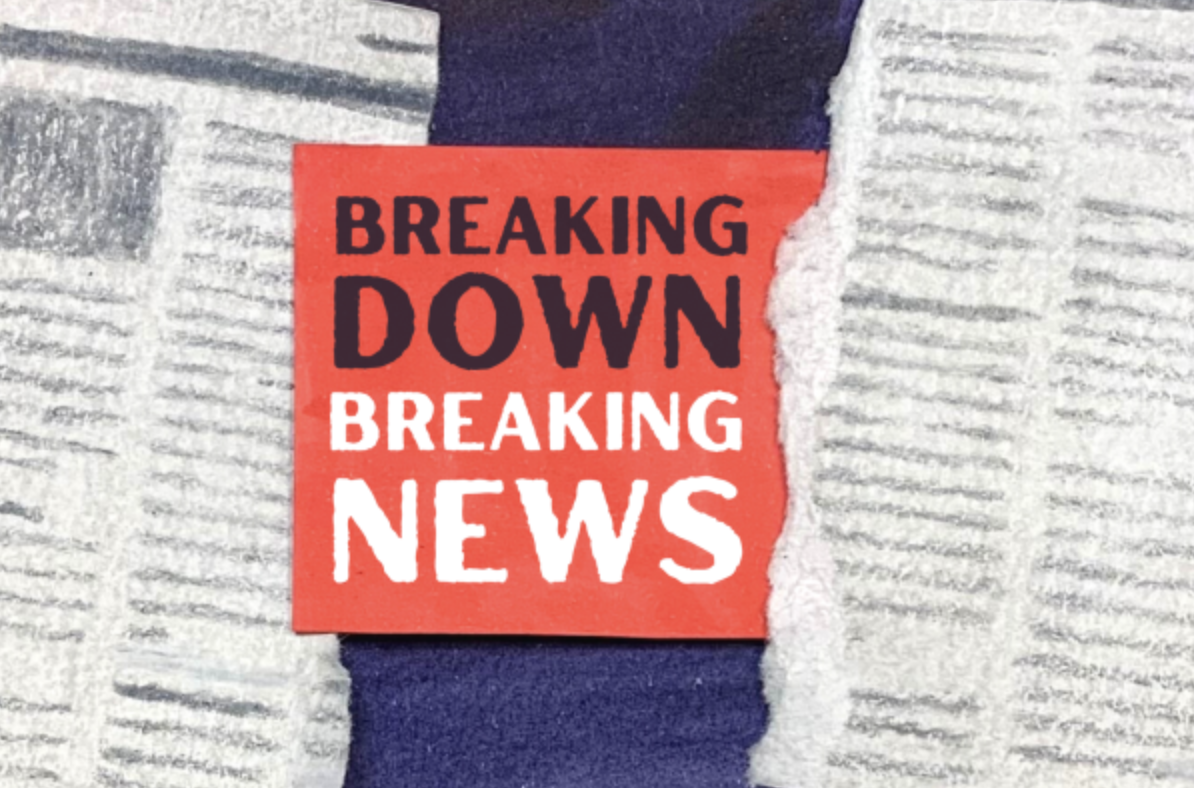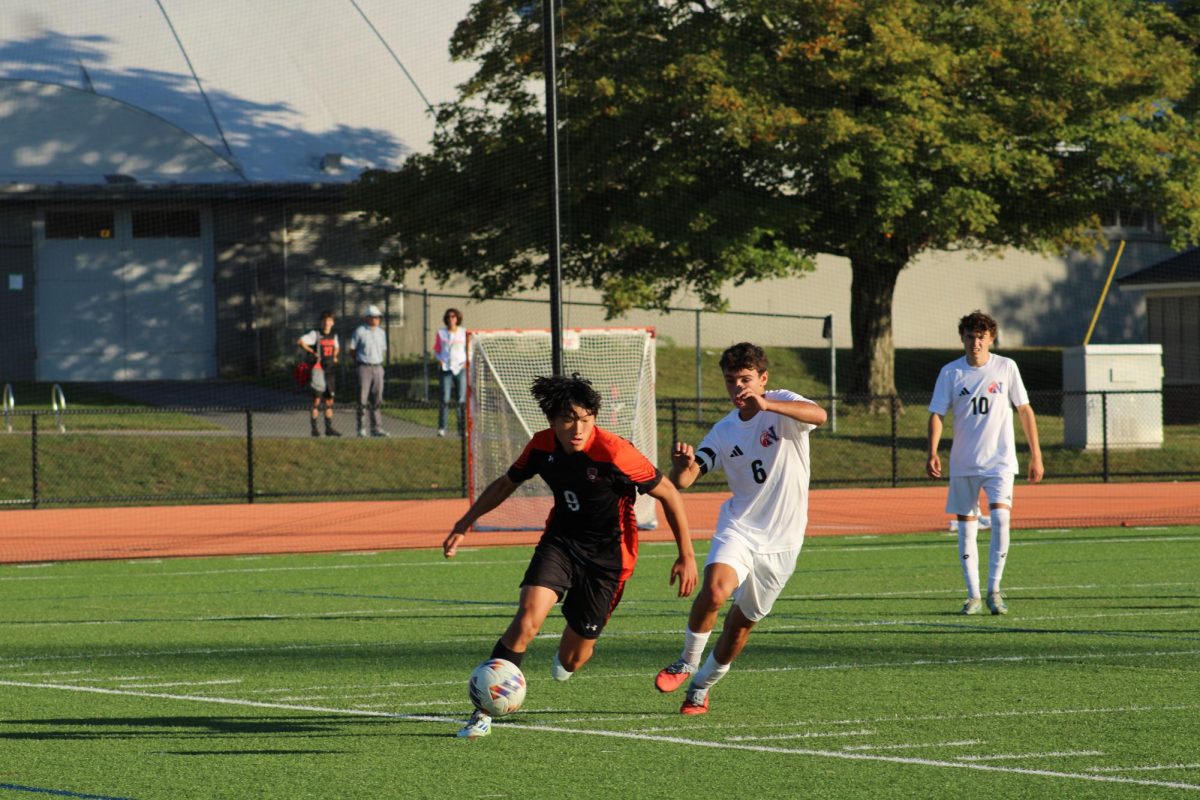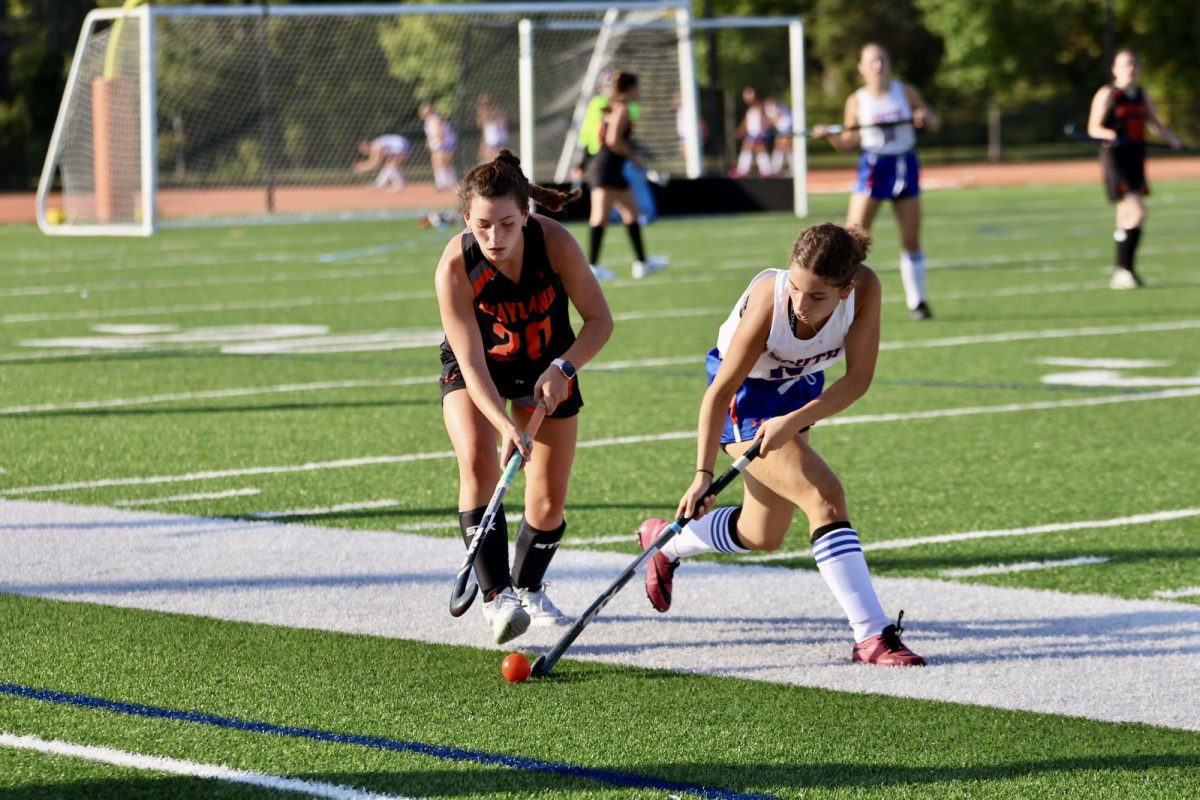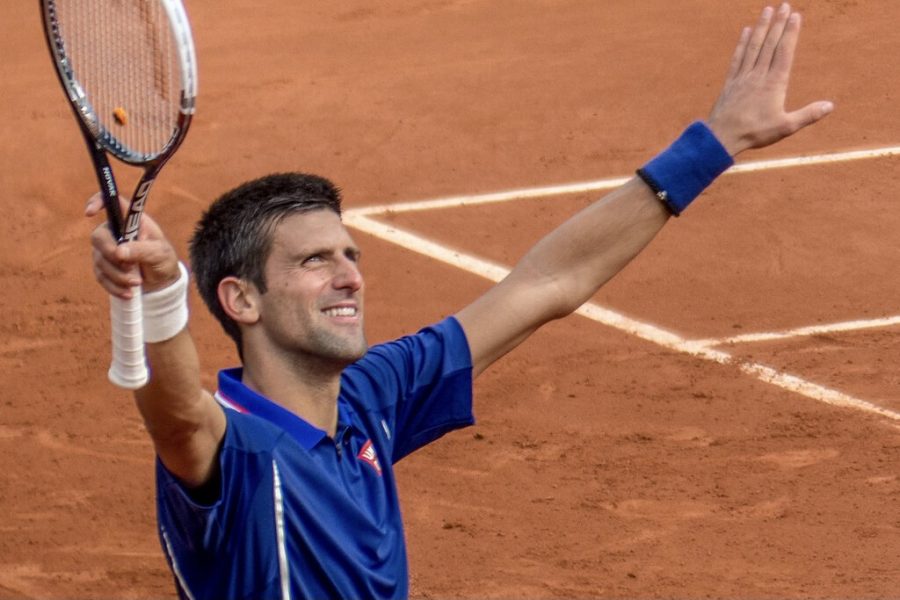Opinion: Australian officials made the right choice in kicking Djokovic out
Credit: Courtesy of Flickr user y.caradec
WSPN’s Kally Proctor discusses the recent controversy regarding Novak Djokovic’s vaccination status at the 2022 Australian Open.
February 10, 2022
World No 1 ranked tennis star, Novak Djokovic, went to Australia last month in pursuit of a record-setting 21st grand slam, but he never got to the first round. It turns out Djokovic lost not to another player, but to Australia’s Immigration Minister Alex Hawke, who revoked Djokovic’s visa because he was not vaccinated. Instead of competing, Djokovic found himself on a flight to Dubai before the tournament even started.
Djokovic has been on a bit of a winning streak lately, having won the 2021 Australian Open, French Open and Wimbledon, almost achieving something known as a calendar grand slam – the act of winning all four of the “major” tournaments in one calendar year. Even more importantly though, Djokovic was tied for most grand slams ever won by a single male tennis player. He’s competing with the other two “Big Three” tennis players, Rafael Nadal and Roger Federer, who have 20 grand slams each. Leading up to the 2022 Australian Open, Djokovic hoped to break this tie, winning the tournament and reaching a whopping 21 grand slams.
Djokovic’s immigration battle overshadowed the on-court events.
Amidst Djokovic’s recent tennis accomplishments, he’s been fighting a battle of another sort, a battle that’s occurring off the tennis courts. Continuing a vaccination debate that began at the 2021 US Open, Djokovic is still refusing to get vaccinated. This disappoints many of his fans, including myself. However, the verdict reached in Australia was different from the one decided upon in the US tournament last year. While the decision in the US Open allowed him to play despite his vaccination status, Australian officials revoked his visa due to his anti-vaccination stance, and their concerns regarding the health of the Australian people.
The cancellation of Djokovic’s Australian visa essentially banned him from entering the country, let alone playing in the Australian Open. Djokovic, upset by this turn of events, called for an appeal to be made to this decision. The judges ultimately ruled against him, which was influenced by multiple factors. In one written statement, judges said that due to the concerns of the Immigration Minister on Djokovic’s vaccination status, it was “not irrational” for Djokovic to be denied the visa.
The decision ultimately resulted in Djokovic being banned from entering Australia for three years, following his visa cancellation. While this decision may seem extreme to some, I think it’s understandable why the Australian government took this course of action.
Firstly, in the course of the COVID-19 pandemic, it’s important that everyone receive vaccines as a matter of health and safety. By letting Djokovic into the country and allowing him to participate in the Australian Open, the government would essentially be sending a message to the people that it’s ok to not get vaccinated— a belief that they don’t want to promote.
For Djokovic, as a prominent public figure for tennis fans, the government could be worried that by allowing him to participate in the tournament, he might influence others to not get vaccinated. They could be worried that Djokovic’s presence and vaccination stance could encourage others who look up to him to refuse to get the vaccine or even hold anti-vax protests.
Personally, I think that the government’s decision to disallow Djokovic from participating in the Australian Open at this time was the right decision, and it is something that should have happened at the US Open. The decision shows clearly that the government promotes vaccination, and they are looking out for the health and safety of their citizens. In addition, it crushes one of the vaccination double standards that were present within the tennis industry: requiring that fans be vaccinated to watch the tournament, but not that players be vaccinated to play in it.
While I called out the US Open last September for dropping the ball at the biggest moment on the biggest stage, the Australians seized the limelight and refused to buckle under pressure. For me, and for many other tennis fans and players, the decision was definitely a step in the right direction.



























